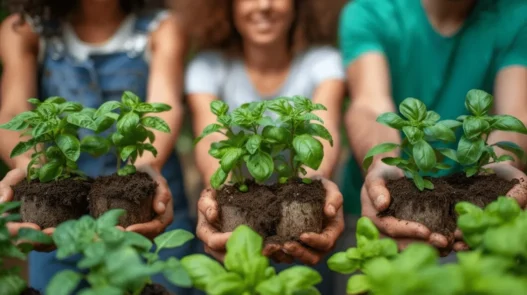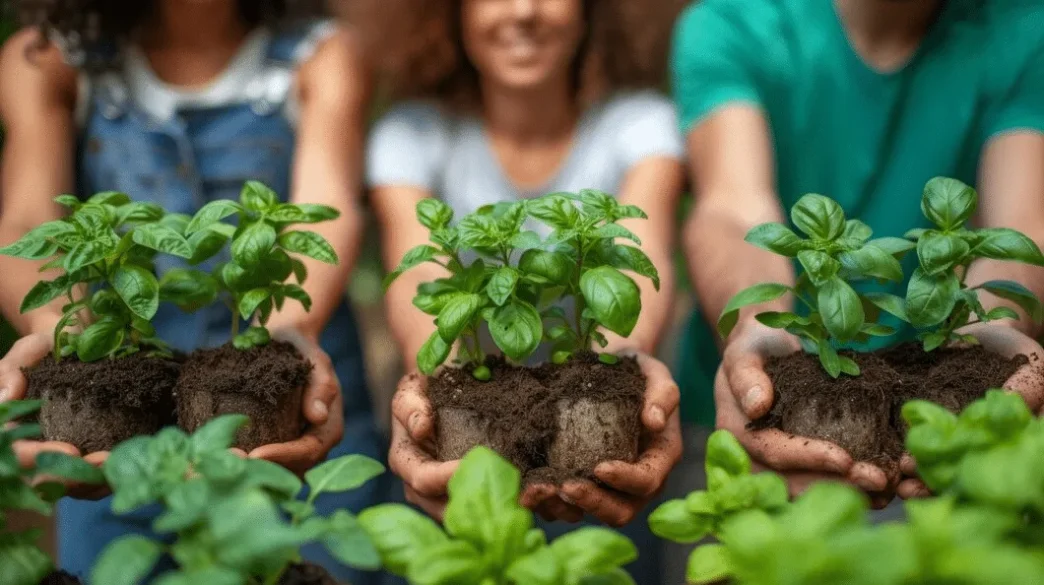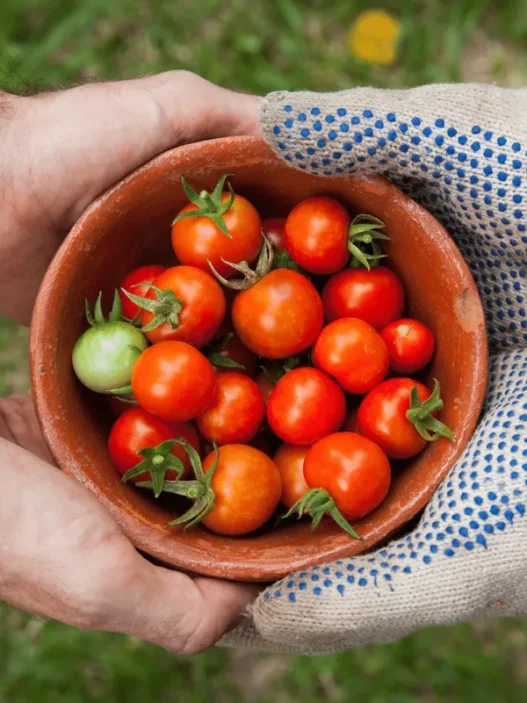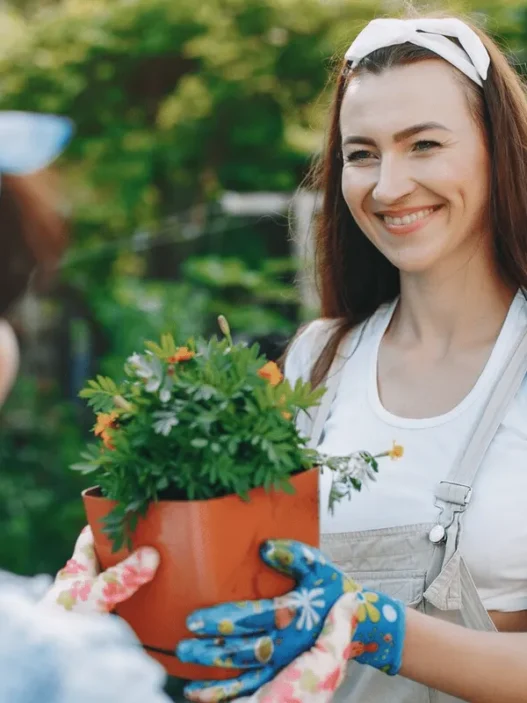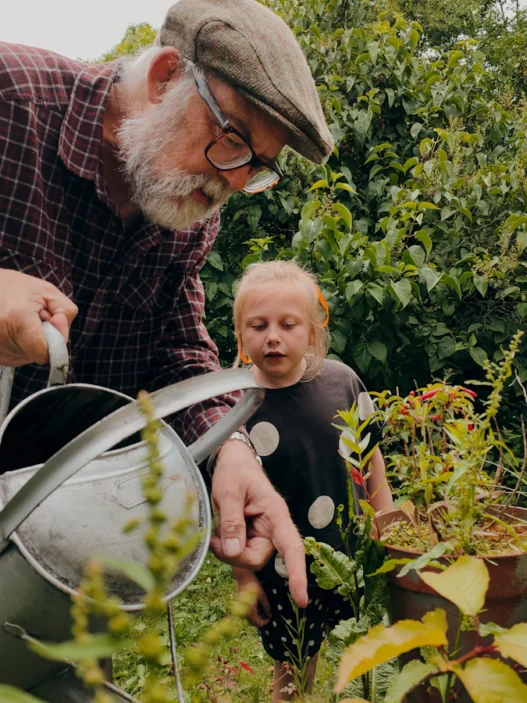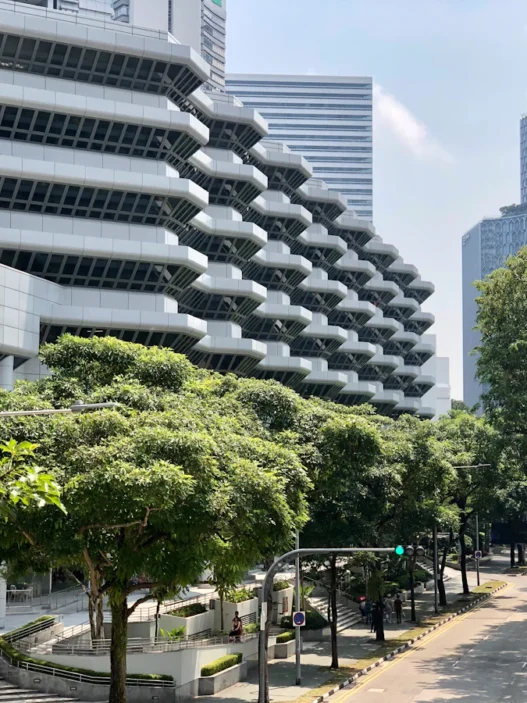Your small urban garden could be a climate change superhero. True is it! Although concrete and skyscrapers rule cityscapes, little green areas have a big impact. Let’s start straight on how your urban garden serves as a covert weapon in the battle against global warming.
Lowering Emissions
Urban gardens are like the vacuums of nature. They reduce dangerous emissions hanging about by absorbing CO2 from the air. Imagine your garden’s plants breathing all that CO2, therefore preserving the health of our earth and the
cleanliness of our air. Growing vegetables is only one aspect; another is cultivating a better future! But just exactly how does this work?

You help to cut greenhouse gas emissions every time you plant a shrub, tree, or even a flower. During photosynthesis, plants both emit oxygen and absorb carbon dioxide. Reducing the CO2 levels in the atmosphere depends on this mechanism. When many people engage, urban gardens can have a major impact as small carbon sinks in the center of our busy metropolis.
Also quite important is the soil in your garden. Good, well-maintained soil stores carbon and stops it from being returned to the atmosphere. Using organic gardening techniques—such as composting and synthetic fertilizer avoidance—you can improve the carbon sequestration capacity of your soil.
Carbon Sequestration
Ever heard of the sequestration of carbon? Sounds elegant, but plants naturally store carbon in this manner. The soil in your garden collects and holds onto carbon, stopping it from floating around in the atmosphere and generating problems. Consider your urban garden as a carbon bank, securely locking up carbon and maintaining the more stable temperature of our planet.
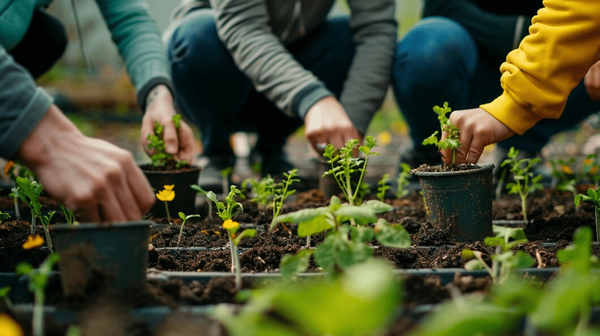
Still, there is more involved than merely arranging any old vegetation. Various plants have varying abilities for carbon sequestration. For instance, trees and bushes are quite good at storing carbon over extended time. Your garden will have maximum carbon storage capacity if you blend native species with perennials.
Reducing Heat Islands
Summertime cities may be like ovens—hot and unpleasant. Urban gardens lower heat islands, therefore helping to chill the surroundings. All the concrete and asphalt in these regions make them rather hot. Transpiration—the process by which plants shed moisture into the air—cools the surroundings. Your garden functions as your neighborhood’s natural air conditioner then!
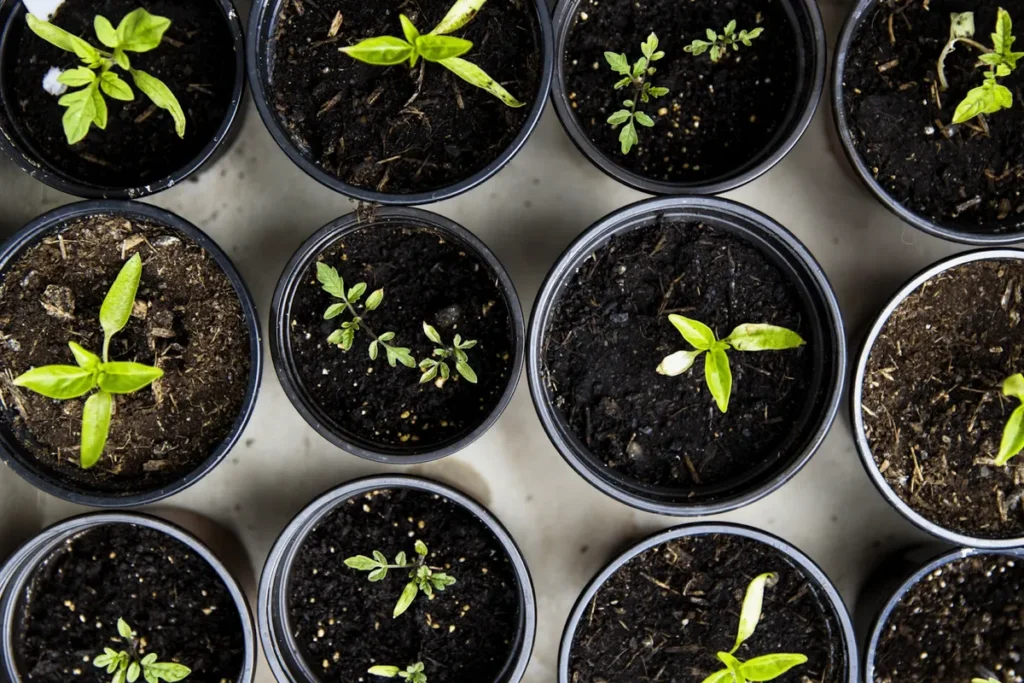
Apart from improving the air quality, urban gardens can assist with water management. Rainwater is absorbed by permeable soil and plants, therefore lowering run-off and the flood danger. Less water contamination results from plants removing pollutants as well. Your urban garden therefore not only helps to cool the air but also makes water cleaner and safer for everyone.
Conserving Resources
Urban gardens are champions in resource conservation. By lowering the need for store-bought vegetables, they cut the related carbon footprint using transportation and packing. Your garden will also be considerably more sustainable with some rainwater collecting and composting. Like a powerhouse for resource-saving right in your backyard!

Growing your food results in less reliance on extensive supply chains, fewer trips to the grocery store, and a notable cut in plastic packaging. You win as well as the Earth. Without synthetic fertilizers, composting yard waste and kitchen leftovers produces a nutrient-rich soil amendment that maintains the health of your yard. This closed-loop system maximizes sustainability while cutting waste.
Still, another great habit is rainwater collecting. Using rainwater for irrigation helps you less depend on municipal water supply. Along with saving a valuable resource, this reduces your water expense. The easy construction of a basic rain barrel will significantly increase the sustainability of your garden.
Promoting Renewable Energy
Urban gardens can also help to support renewable energy, did you know? Your garden will be self-sufficient and environmentally friendly if solar panels are included in its plans to run lights and water pumps. You receive fresh food and the earth gets less pollution—a win-win.

Including renewable energy in urban gardening might also motivate others in your neighborhood to follow policies. It promotes a change towards greener energy solutions in all spheres of life and shows the viability of sustainable living.
Supporting Biodiversity
Urban gardens are alive, literally. Their draw for bees, butterflies, and other pollinators helps to support city biodiversity. A varied garden supports a healthy ecosystem, which is vital for an environment in balance. Your garden is tending to a small wildlife refuge, not only a patch of plants!
Many plants need pollinators such as bees and butterflies if they are to generate seeds and fruits. Your garden helps the larger ecology by giving these species somewhere to live. Planting a range of flowers that bloom at different times guarantees that pollinators have food sources all during the growing season.
Urban gardens help little mammals, insects, and birds as well. These verdant areas provide food, cover, and mating sites. Resilience and ecological equilibrium depend on this richness. Your garden supports a variety of species, so improving the urban environment even on a modest scale.
Reducing Waste
Have kitchen scraps? Don’t throw them—compost them instead! For cutting waste, urban gardens are quite amazing. By turning organic waste into nutrient-dense soil, composting helps to lower the volume of garbage ending up in landfills. It’s a basic approach to save waste and ensure your garden thrives.
Apart from composting, your garden might benefit from recycling various domestic objects. Planters or garden décor can make use of old containers, bottles, and even furniture. This creative reuse not only helps your landscape to be distinctive but also cuts waste.
Educating Communities
One also effective teaching tool is urban gardens. They educate local populations on green space value, gardening methods, and environmentally friendly lifestyles. By sharing your gardening path, you can motivate others to begin their projects, therefore generating a chain reaction of good changes. It’s about raising consciousness and action, not only about plants!
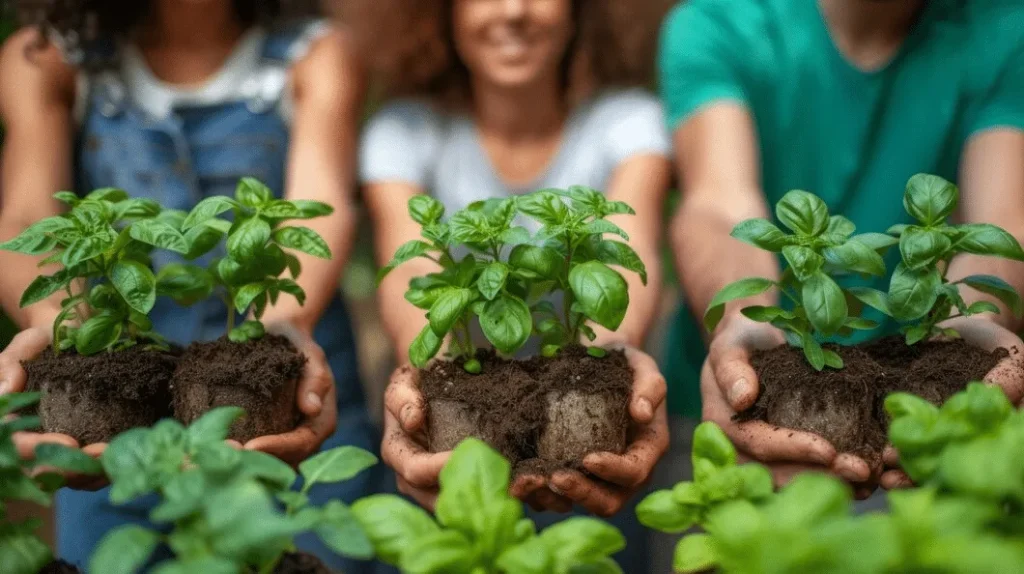
Children have a great chance to learn about the surroundings and nature by gardening. Practical garden experience can ignite a lifetime passion for sustainability and preservation. Schools and community centers with gardens can include gardening into their courses, therefore offering useful teachings in science, ecology, and good living.
Enhancing Resilience
Urban gardens might improve resilience in catastrophes. They provide a consistent supply of fresh food, therefore lessening reliance on potentially unstable supply systems. A strong garden corresponds with a strong community prepared to meet obstacles with fresh, home-grown food right at hand.
Encouraging Sustainability
Not least of all, urban gardens support sustainability. They encourage gentle earth actions and a way of life that is environmentally friendly. Every environmental decision counts, from selecting native plants requiring less water to repurposing materials for planters. Your garden is evidence of the force of personal action in the struggle against global warming.
Urban gardens further social sustainability as well. They design green areas where people may unwind, mingle, and commune with the environment. Mental and physical well-being depends on these areas, which also help to create a better, happier community.
Your Urban Garden: A Green Fix for a Better Earth
Urban gardens are not only a trend; they are also essential in helping to slow down global temperature. Every garden, no matter how tiny, helps to produce a more sustainable planet. All set to get your hands dirty and change things? Start today and see how your garden becomes a climate hero!









